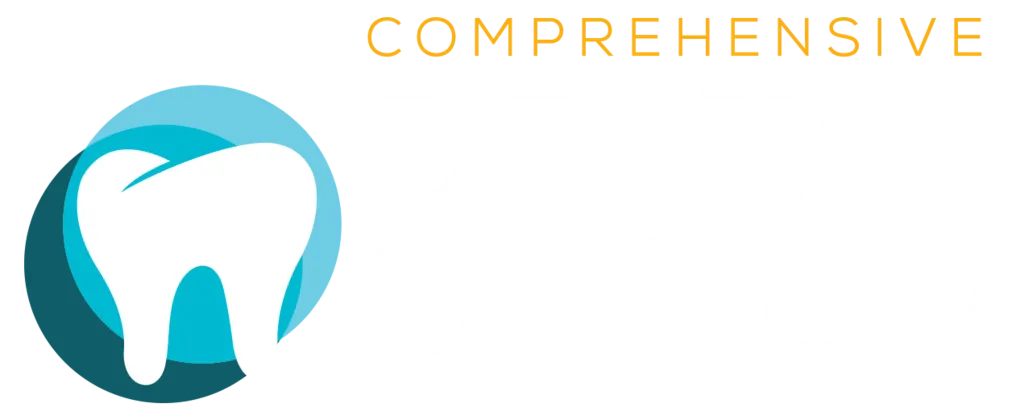This blog post can not be found
Our Location
Find us on the map
Hours of Operation
Our Regular Schedule
Hours of Operation
Monday:
7:30 am-7:00 pm
Tuesday:
7:30 am-5:00 pm
Wednesday:
7:30 am-5:00 pm
Thursday:
7:30 am-7:00 pm
Friday:
7:30 am-2:00 pm
Saturday:
Closed
Sunday:
Closed
